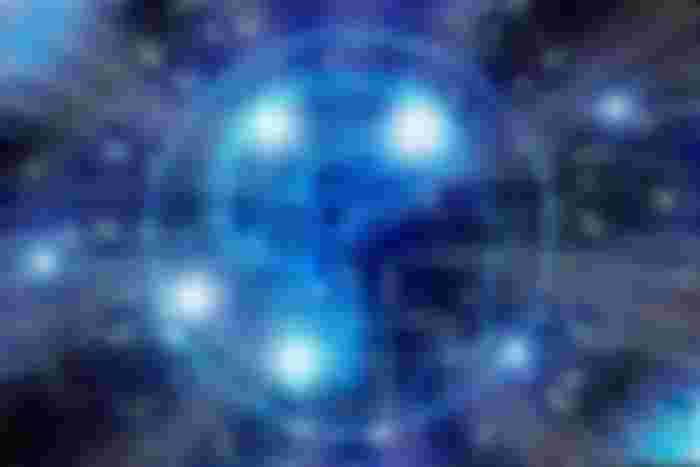Does free will exist? An examination of what it means to think freely

First, we must define what free will is. The way I understand it, free will is the ability to process information, and make decisions without any involuntary external influence.
However, if there is no initial influence, then, by which criteria will you be able to process information and make fully voluntary decisions? Without existing mental pathways, how will you be able to form thought processes? Without an existing neural network, how would you even be alive?
If you already have mental pathways in place, you accept that the way they were initially formed was due to hereditary and random factors. So, any mental pathways you thereafter chose to create by yourself are the result of your involuntary decision-making that was swayed by those initial randomly occurring mental pathways. And those initial mental pathways you didn’t freely choose to form.
Who you are, how you think, and the way you process information, are all the result of random genetics and random life experiences that shaped your mental architecture, like the flow of water forms a river. The river never gets to choose its course. A river’s shape and direction are determined by gravity, geology and water dynamics.
So, if you don’t ever get to choose your mental pathways, then you can never truly have free will. If there ever were completely free will, then you would have no mental processes, no cognitive algorithms, no criteria, no variables, and no relationships between them to be able to receive input data, process them according to your mental processes, and then arrive to a desired realization.
Apparently, there cannot be real free will, because absolute free will is probably not feasible. An empty hard drive has complete and utter free will; it has no programming, no rules, and therefore, it is neither biased nor influenced by external directives or hardware dictates. Yet, this hard drive’s “absolute free will” means that it is unable to process or do anything, because to process something, you need pre-existing rules.
Just like any program, even one with machine learning algorithms, it needs to begin its existence with certain rules already in place, rules that it could not possibly have chosen “freely”.
So, free will cannot exist in humans. But does that mean that we are all just mindless automata without consciousness or self-awareness that are subject to any and all manipulation, brainwashing and demagogy? Well, most people certainly seem to be that way, and this becomes tragically evident the moment you switch on the news with their sensationalist propagandist hogwash. Most people aren’t aware of what they are doing and why. And maybe this is the only free will that we can ever achieve: awareness of our unfree will, awareness of why we are who we are.
Perhaps the only free will that we can have is a level of awareness of our mental pathways, and where they came from, how they were shaped, and how they affect our decisions and comprehensions. Perhaps our only free will is the realization that we can never be truly free from ourselves, because we could not freely choose wo be ourselves. Perhaps the only free will achievable is knowledge and awareness that each thought that we process goes through our unchosen mental pathways, the intricacies of which we may also somewhat be aware.
If we began our existence with zero instincts, zero hereditary characteristics, and zero random experiences that serve to mold our psyche, we’d then have free will to choose how our psyche would shape up. But without any criteria by which to freely choose, we would be unable to choose anything, because we’d have no mental network, and so we’d be nothing.
This is why we need the unfree element of randomness to form our mental architecture foundation. Then, as we begin to build awareness of that foundation’s characteristics, we can somewhat behave as freely as we can within its framework; as long as we are aware of what makes us unfree. Maybe, acknowledging the lack of freedom inherent in our mental architecture is the only freedom we can achieve. And maybe absolute freedom is as oppressive as absolute bondage, in that both equally squash your spirit.
And this is why we need to be extra kind to children, since we are morally responsible for creating experiences for them that will end up defining who they are. Children are at the mercy of those who care for them. Therefore, those who care for children are morally bound by the moral burden to create the most beneficial life-determining experiences for those children, since those children could not have possibly chosen to be born.
